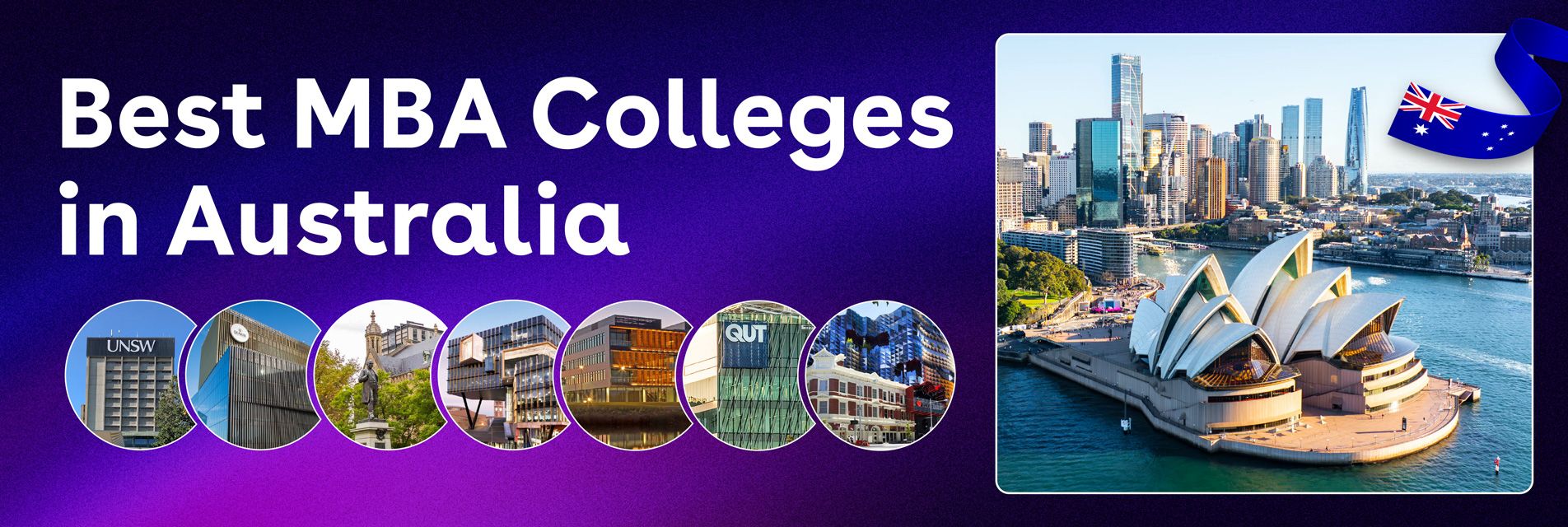An MBA today isn’t just about getting a degree, it’s about where you get it from. In a world full of ambitious minds and global competition, what truly makes a difference is earning your MBA from a university that’s recognised for its quality, connections, and career outcomes. And when it comes to that, Australia easily makes the list. With its globally ranked universities, industry-driven programs, and welcoming environment, the country offers everything a business aspirant could ask for.
If you’re looking for an MBA that actually helps you grow (not just on paper, but in skills, networks, and personality) then MBA in Australia is worth considering. Ahead, we’ve listed some of the top universities that Indian students are choosing, known for their practical learning, career support, and global recognition.
